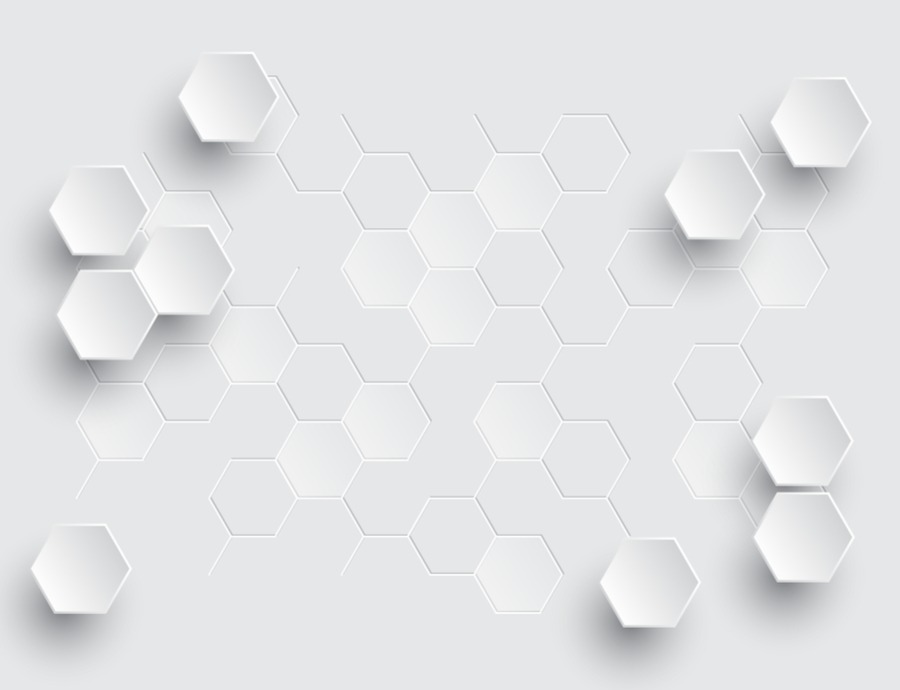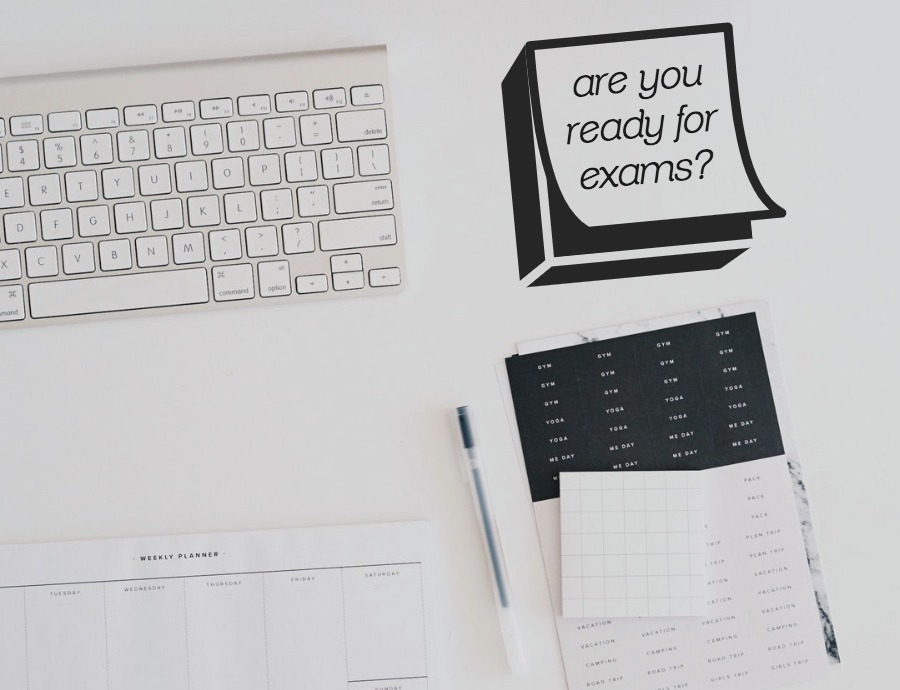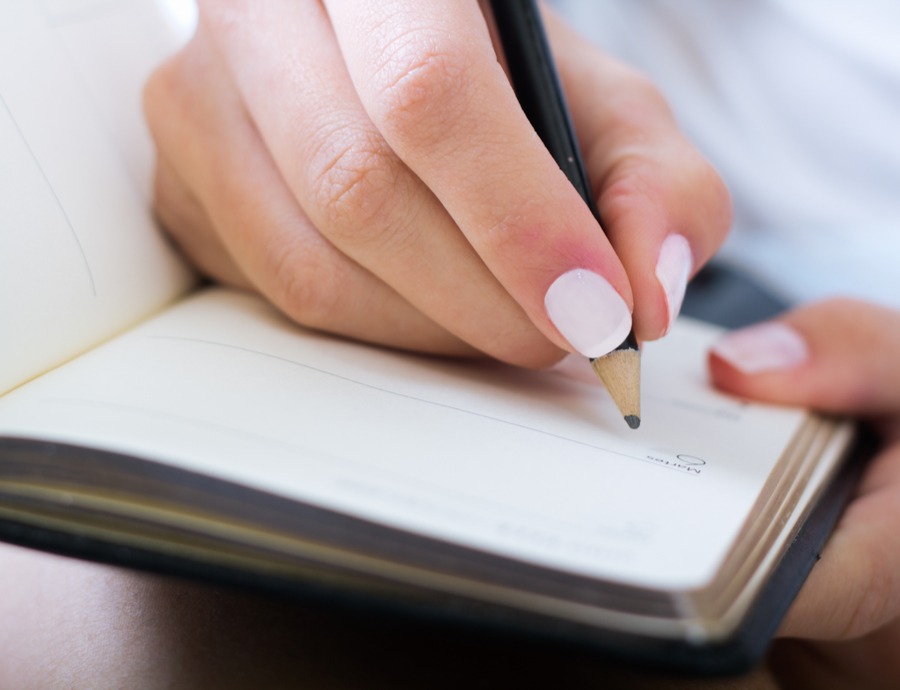General chemistry is likely one of a few difficult courses you have this semester, so it’s important to get off to a strong start. Set yourself up for success by having a good study plan, time management, and most importantly, a positive attitude.
Chemistry can be overwhelming, but here are some tips to help you navigate your course:
The next step is to cement great first steps into great habits, and to organize all the information that you’re getting in these lectures. Also, don’t forget that you need to look for ways to distinguish yourself from everyone else in the class. Check out Prep101.
Chemistry can be overwhelming, but here are some tips to help you navigate your course:
- Go to class. As the semester gets busy with academic and extra-curricular activities, skipping out on lectures will seem like an easy way to open up extra time in your schedule. Although a lot of the material is covered in your textbook, lectures are the best and sometimes only place to hear about course-specific applications and special topics. Make note of these, as they will usually show up on your exams! Attending lectures is also the perfect way to meet your classmates and a great opportunity to make a good impression on your professor.
- Don’t try and memorize everything. Chemistry is not a course you can memorize your way through and understanding the material is key to doing well. You will cover many different topics, but learning new material is easier if you make connections to things you learned earlier in the semester. For example, use what you learned about atomic structure to predict periodic trends instead of just memorizing them. Then use what you know about periodic trends to help identify types of bonding in molecules.
- Solve LOTS of practice problems. Chemistry exams require you to apply the concepts you have learned, so to prepare you’ll need to do more than just read over notes and textbook chapters. Keep up with all assigned textbook questions, sample sets given out in class, and past exams if available, because more practice means greater exposure to the styles of questions you could encounter on the actual exam. Understand how to solve any sample problem taken up in lecture, since there’s a good chance you will see something similar on the exam.
- Use your units. For formulas and complex calculations, remember that the unit on each of the variables is just as important as its numerical value. Keeping track of your units in every step of your solution can help guide you through the math and will help catch errors in your work. The fancy name is “dimensional analysis” but it basically means that your units must make sense. For example, number of moles divided by volume gives concentration (mol/L), but multiplying the two terms is meaningless (mol L). Also pay close attention to the units given in exam questions and answer choices, so you don’t accidentally report a final amount in grams instead of moles, or a temperature in Celsius instead of kelvin.
- Ditch the Computer. Chemistry is full of special characters, symbols, and sub/superscripts, which are difficult and time-consuming to do on a laptop. Not only is a laptop a tempting distraction from lectures and studying, doing your work with a notebook and pen is the best way to study for paper-based exams.
The next step is to cement great first steps into great habits, and to organize all the information that you’re getting in these lectures. Also, don’t forget that you need to look for ways to distinguish yourself from everyone else in the class. Check out Prep101.








